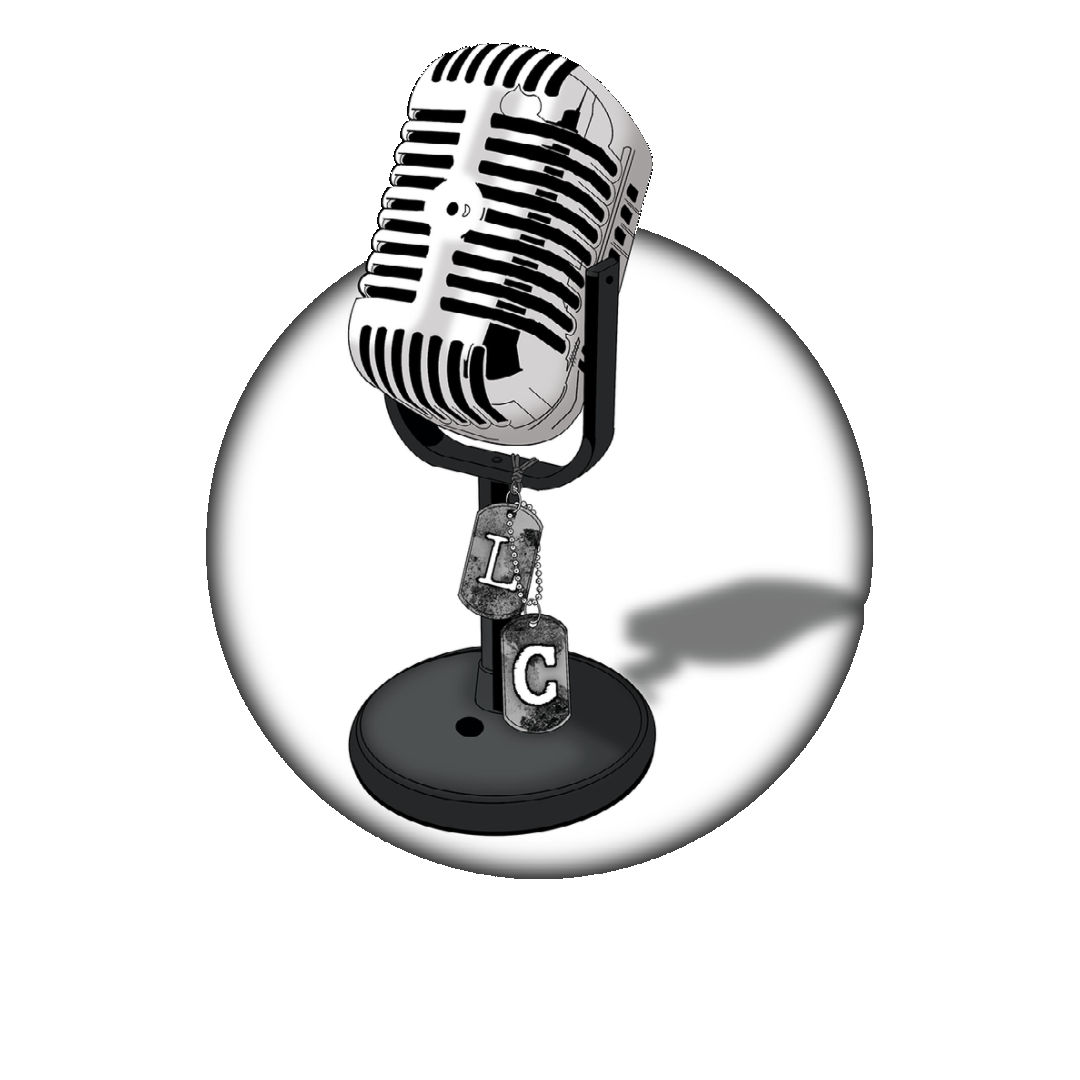Leadership Power: Which One Are You Using?
On August 28, 1963, two-hundred and fifty thousand people showed up to hear one of the most famous American speeches ever delivered. There was no multi-million dollar marketing campaign, no social media presence. The internet was still decades away. People in attendance stood in awe of this powerful speech. Millions watched live on television across the country. Those in attendance weren't there for the President of the United States. They weren't there to bear witness to the Pope or the Royal family. They bore witness to a minister from the Dexter Avenue Baptist Church in Montgomery, Alabama. Some traveled thousands of miles to listen to Dr. Martin Luther King Jr. delivering his famous "I Have a Dream" speech and hung onto every word as he called for an end to racism and civil and economic rights. There were no gains, no incentives; they were there to be inspired.
Still to this day, people often refer to Dr. King as one of the most outstanding leaders in American history alongside former Presidents and military members. But what was it that made him stand out? Was it that he exuded charisma and had an extraordinary ability to connect and relate to his audience? Was it his confidence to stand up for something he believed in? Could it have been his natural ability to relay his message? This historical moment transpired because of personal power.
Power is the capacity or ability to direct or influence the behavior of others or the course of events. Powers can typically have a negative connotation, but they can also inspire others. I recently interviewed retired United States Coast Guard Vice Admiral Sandra Stosz. She talked about three types of power, personal, professional, and positional powers, and how leaders use them. How do you prioritize those three when you're in a leadership position? Do people want to follow you, or do they have to follow you? Ask yourself those questions right now what do you think people would say?
Personal power should be a power you display without even noticing. Your followers do not doubt that you have their best interest in mind. Others will label you as a great leader, but you treat people with respect. Dr. King spoke up for what he believed in and had others' best interests in mind, but it's doubtful he viewed himself as a great leader. He was doing the right thing. Leaders with personal power don't have to ask people to follow them; people follow you because they choose to. It's all about your attitude. There is no controlling or maneuvering someone else's state of mind. It's been quoted throughout history by the likes of Theodore Roosevelt, "No one cares how much you know until they know how much you care." Personal power is about your relationships with others.
Personal power isn't the only power you should strive to lead with. People will initially follow you because you have strong character, but you also need to exhibit Professional Power to be a game-changer in someone else's eyes. Are you competent at your job? Do you support your teams' mission and vision? Can people rely on you to complete tasks? Do you uphold the values that you espouse, and the values of your organization? I've heard so many people say, "He's the nicest guy, but he's not that great at the job." The same can be said for leaders who don't allow their people to know they care but are fantastic workers. Professional power is about the integrity of your character.
Not leading with both personal and professional power hinders your overall influence.
This brings us to the one power that so many leaders start with, but it should only be a title on a signature block or posted on a bio…Positional Power. Sandra Stosz's advice to leaders is to lead their teams by displaying personal and professional powers, but positional should be a last resort. Positional power is exactly what it sounds like, leveraging your position and title to accomplish objectives and influence people. The other day, I mentioned to a group that it should resemble that gas station coffee card you find in your wallet. You don't realize you have it and will probably never use it. And when you do have to dust it off, you should ask yourself, "What could I have done better?"

